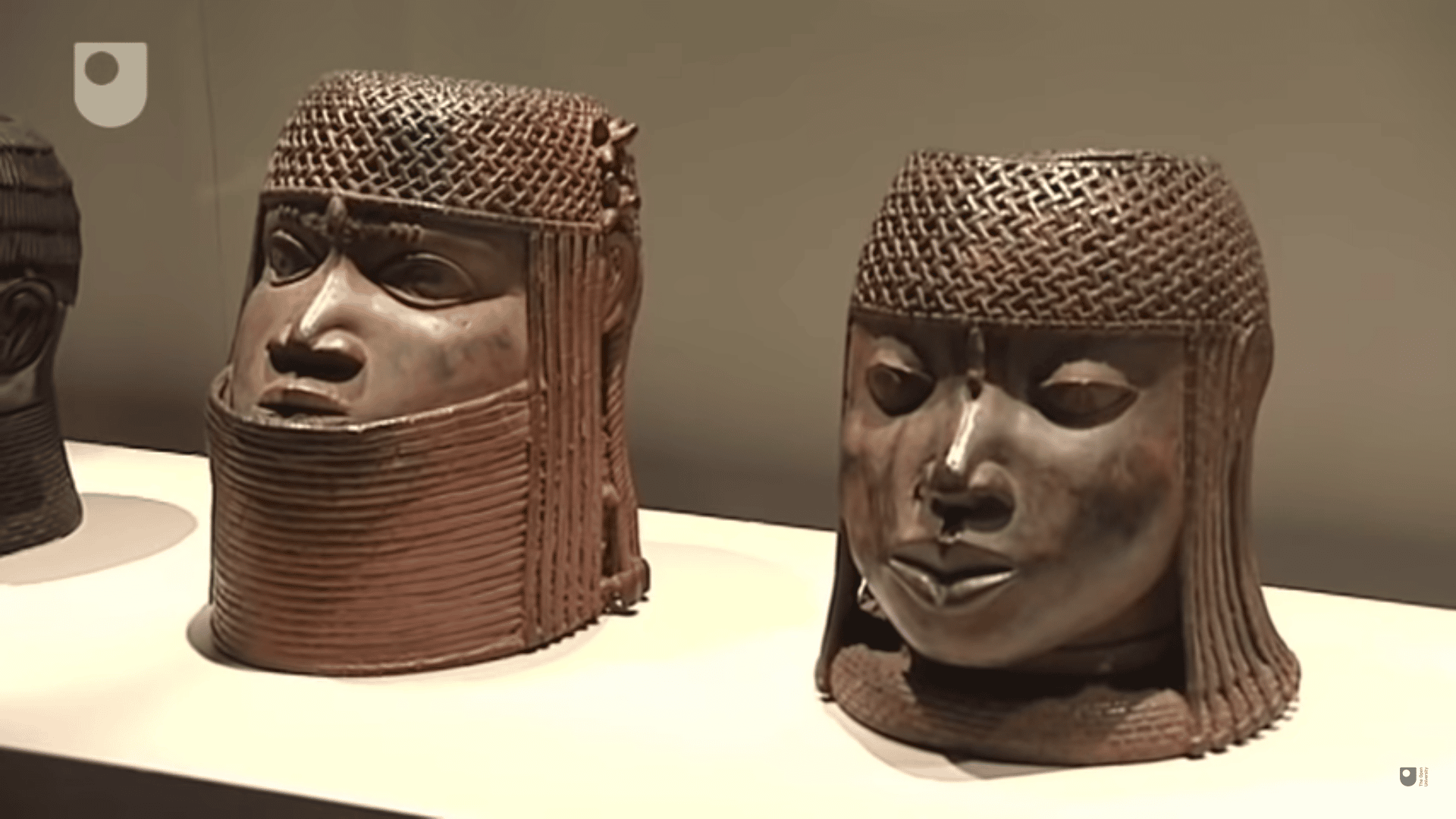Academics fear that the German government could reduce a programme for the restitution of stolen colonial assets. The responsible green ministry denies this.
The German government is falling short of its announcements on the return of stolen colonial objects from state ownership. To this end, the three coalition parties (Social Democrats, Greens, Liberals) had agreed a series of measures in the coalition agreement, including the promotion of provenance research into “colonially burdened collection items”.
The government also set up a programme for restitution efforts, which provided for €600,000 per year until 2027. The money was intended to support organisations in former colonies in identifying and returning cultural heritage and human remains brought to Germany under duress, for example by covering travel costs.
An inventory was to be followed by increased returns in dialogue with the “societies of origin”. However, progress is slow. In July, several academics from an “expert network” therefore issued a statement urging implementation and making suggestions.
According to the plans, the restitution fund would have been the responsibility of the Minister of State and Federal Government Commissioner for Culture and the Media, Claudia Roth (Greens). Her ministry is responsible for coordinating all relevant institutions and measures in the area of “Global South, Dealing with Colonialism”.
The money for the fund is no longer available in the draft federal budget for 2025, researcher Thomas Fues wondered on his blog this week. A total of €2.4 million would therefore be lost. However, the funds for the repatriation of cultural assets have not been cancelled, the Ministry of Culture denied at the request of “nd”, but can be found elsewhere.
Nevertheless, it is to be feared that the red pencil will be applied to the reappraisal of German colonial history, says Tahir Della from the Initiative of Black Germans in our newspaper. “However, this would be a fatal decision now that Germany has finally set out to come to terms with this part of its history.”
European countries had already discussed the restitution of colonial museum collections to former African colonies in the 1980s, but without any major consequences at the time. French art historian Bénédicte Savoy and Senegalese economist and writer Felwine Sarr outlined this in a report commissioned by French President Emmanuel Macron six years ago.
In its catalogue of demands published a few weeks ago, the “expert network” for the return of human remains also called for closer cooperation between the German government, federal states, municipalities and civil society in the ex-colonies. The artefacts should be collected from the museums by the communities themselves and the necessary ritual acts should be carried out on site. These are, for example, finds from graves or ethnological objects made of bones, skin or hair.
In order to facilitate these efforts, the government wanted to set up a contact point for the return of human remains in Germany for descendants of colonial victims. This was to be set up under the umbrella of an Agency for International Museum Co-operation. However, this contact point still does not exist.The handling of human remains from colonial contexts, and therefore also the contact point, is the responsibility of the Federal Foreign Office, also headed by a Green politician, in the person of Minister of State Katja Keul.
Remains brought to Germany under duress from their own colonies come from countries such as Tanzania, Cameroon and Namibia, which are increasingly pressing for their return. For Isabelle Reimann, a member of the “Expert Network”, it is therefore clear: “The restitution fund is urgently needed, because every day counts for the descendants.”
Last year, Federal President Frank-Walter Steinmeier promised to step up the restitution of remains in Tanzania, and Keul repeated this during a visit to the country in March. Germany also wants to hand over more Benin bronzes to the Nigerian government. A total of 1130 of these cultural artefacts were looted by the United Kingdom from 1897 and then bought up by German museums.
So are these endeavours now threatened with stagnation again? In any case, the three-party-ruling government does not have much time left to implement their coalition agreement. In mid-September, in the first budget week after the summer break, the Bundestag will discuss the extent to which the measures to come to terms with Germany’s colonial history are sustainable and adequately funded.
Published in German in „nd“.
Image: Benin bronze heads from Nigeria. 20 such objects formerly purchased by German museums were returned by the government in 2022 ( Image: OpenLearn from The Open University/ Youtube).





Leave a Reply